Platinum

Multiverse Computing is a Spanish quantum computing software company headquartered in San Sebastian, Spain, with offices in Paris, Munich, London, Toronto and Sherbrooke, Canada. The Spanish startup applies quantum and quantum-inspired algorithms to problems in energy, logistics, manufacturing, mobility, life sciences, finance, cybersecurity, chemistry and aerospace.
Its flagship product, Singularity, is an industrial quantum and quantum-inspired software platform focused on solving real-world challenges for large enterprises. Among other features, Singularity’s user interface incorporates tools such as Microsoft Excel plug-ins that allow use of the platform’s core algorithms without prior knowledge of quantum computing.
Multiverse Computing’s algorithms have been implemented across verticals such as energy, manufacturing, logistics, finance, chemistry, space, and cybersecurity. On top of quantum machine learning and optimization algorithms, the company also uses quantum-inspired tensor networks to boost efficiency in solving industrial challenges. Tensor networks are frequently used to model quantum systems, specifically quantum systems of many particles, and more recently are also being used to model artificial intelligence systems.
In 2023, Credit Agricole CIB released the results of multiple experiments with Multiverse that explored the use of quantum and quantum-inspired computing for the valuation of derivatives as well as solving a concrete problem – the anticipation of credit rating downgrades. According to the corporate and investment bank, “these two proofs of concept demonstrated the potential and reality of quantum computing for finance, despite these technologies still being in their infancy.

PASQAL builds quantum computers from ordered neutral atoms in 2D and 3D arrays to bring a practical quantum advantage to its customers and address real-world problems. PASQAL was founded in 2019 by Georges-Olivier Reymond, Christophe Jurczak, Professor Dr. Alain Aspect, Nobel Prize Winner Physics, 2022, Professor Dr. Antoine Browaeys, and Dr. Thierry Lahaye.
The team of Antoine Browaeys and Thierry Lahaye at the Institut d’Optique (IOGS, CNRS) has demonstrated for several years that the simulation of many-body problems is intractable for classical High-Performance Computers. Since 2011, they have built and improved programmable quantum simulators made of arrays of neutral atoms.
PASQAL builts atop this decade of expertise and numerous achievements in the engineering of lasers, vacuum systems and detection systems, to manufacture quantum processors that tackle complex issues, from fundamental science to grand industry challenges.PASQAL has secured more than €140 million in financing to date, combining equity and non-dilutive funding. PASQAL has 140+ employees and has offices in Palaiseau and Massy, south of Paris, France, Amsterdam, The Netherlands, and Sherbrooke, Canada.

Qblox operates at the frontier of the quantum revolution, supporting academic laboratories worldwide. As a QuTech spinoff, Qblox harnesses the latest scientific insights, allowing the team to be perfectly positioned at the forefront of the global quantum advantage race. The Qblox quantum control stack, known as the Cluster, is an elegant, distributed and module piece of quantum control architecture that combines unlevelled noise performance, low-latency arbitrary control flows and the ability to scale to hundreds of qubits.
The Cluster mainframe distributes measurement outcomes with all-to-all connectivity, meaning that up to 80 control channels are linked to up to 40 input channels for feedback operations. This massively scalable approach brings feedback applications to a new level, making many qubit quantum error correction algorithms possible.
Qblox is dedicated to providing researchers with solution-focused technology. Qblox embraces an open architecture design philosophy, demonstrated through Quantify, the included open-source software interface package built by scientists, for scientists. Accelerate your research by heading to www.qblox.com.

Qilimanjaro is a full-stack quantum computing company that aims at maximizing current technology capabilities to provide practical quantum advantage in a shorter time frame by following a unique strategy. We use the analog model of quantum computation, with high-quality superconducting flux qubits and versatile qubit-qubit interactions to build app-specific quantum devices (QASIC), in a co-design approach that brings the design of the quantum chip closer to the use-case. We offer an exclusive Quantum as a Service that allows for remote access to our distinctive quantum computing platforms and a boutique service for deployment and integration of in-premises quantum computers.
Gold

Quandela is a french start up that provides photonic quantum computers that are modular, scalable, energy-efficient and accessible both on the cloud and on premise. Their team specialises in the development of both software and hardware solutions for a variety of quantum applications and provides a broad spectrum of services.

IQM is a global leader in building quantum computers. IQM provides on-premises quantum computers for supercomputing centres and research labs and offers full access to its hardware. For industrial customers, IQM delivers quantum advantage through a unique application-specific, co-design approach.
IQM’s commercial quantum computers include Finland’s first commercial 50-qubit quantum computer with VTT, IQM-led consortium’s (Q-Exa) HPC quantum accelerator in Germany, and IQM processors will also be used in the first quantum accelerator in Spain. IQM has over 280 employees with offices in Paris, Madrid, Munich, Singapore, and Espoo.
More information: www.meetiqm.com

Founded in 2018, Quantum Machines (QM) has set itself a goal to accelerate the realization of practical quantum computing that will disrupt all industries. The company’s comprehensive portfolio includes state-of-the-art control systems and cryogenic electronic solutions that support multiple quantum processing unit technologies.
QM’s OPX family of quantum controllers leverages its proprietary Pulse Processing Unit (PPU) to deliver unprecedented performance, scalability, and productivity. Easily programmable at the pulse level or gate level (OpenQASM3), OPX runs even the most complex quantum algorithms right out of the box – Including quantum error correction, multi-qubit calibration, mid-circuit frequency tracking, and more. In mid-2022, QM acquired QDevil, a leading provider of quantum electronics solutions, enriching its portfolio to stretch from room-temperature to cryogenics.
With hundreds of deployments, Quantum Machines’ products and solutions have been widely adopted by national and academic research labs, HPC centers, quantum computer manufacturers, and cloud service providers.
More information: www.quantum-machines.co


















